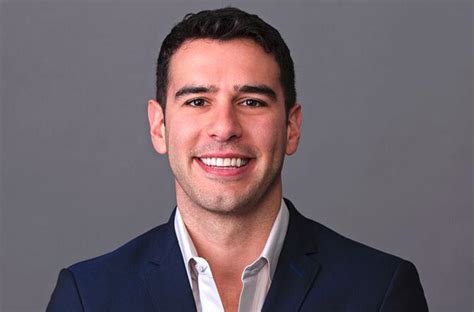A Quote by Sue Grafton
I read the paper every day. There are certain subjects that will catch my attention. I have an entire file of articles. Of course I make up the story, especially since most criminals are not very smart and fictional crime must be clever. I have to make sure the story I am telling is interesting and realistic. In this book I went on line and found out the manners of codes. I thought it interesting to use them as a jumping off point.
Quote Topics
Am
Articles
Attention
Book
Catch
Certain
Clever
Codes
Course
Crime
Criminals
Day
Entire
Every
Every Day
Fictional
File
Found
Interesting
Jumping
Jumping Off
Line
Make
Make Up
Manners
Most
Must
Off
Out
Paper
Point
Read
Realistic
Since
Smart
Story
Subjects
Sure
Telling
Them
Thought
Up
Use
Very
Very Smart
Will
Related Quotes
It's hard to tell if anyone's interested in reading a serialized story. But it's interesting to put in a cliffhanger each week. That was popular in old comic strips. They'd write a weekend story different from the daily strip. So people follow one story day to day, and a separate story on weekends. If you read them, you think "I'll read two more." Then you're like "I gotta find out!" And you read 500 more.
Mother, I am young. Mother, I am just eighteen. I am strong. I will work hard, Mother. But I do not want this child to grow up just to work hard. What must I do, mother, what must I do to make a different world for her? How do I start?" "The secret lies in the reading and the writing. You are able to read. Every day you must read one page from some good book to your child. Every day this must be until the child learns to read. Then she must read every day, I know this is the secret
I think that people have to have a story. When you tell a story, most people are not good storytellers because they think it's about them. You have to make your story, whatever story it is you're telling, their story. So you have to get good at telling a story so they can identify themselves in your story.
So here's my advice: Study broadly and without fear. Learn a language if you can, because that will make your life more interesting. Read a little bit every day. But more importantly, surround yourself with people who you like and make cool stuff with them. In the end, what you do isn't going to be nearly as interesting or important as who you do it with.
I wouldn't have thought that the techniques of story-telling, which is what the novel is after all, can vary much because there are two things involved.There's a story and there's a listener, whose attention you have to keep. Now the only way in which you can keep a reader's attention to a story is in his wanting to know what is going to happen next. This puts a fairly close restriction on the method you must use.
Too many writers think that all you need to do is write well-but that's only part of what a good book is. Above all, a good book tells a good story. Focus on the story first. Ask yourself, 'Will other people find this story so interesting that they will tell others about it?' Remember: A bestselling book usually follows a simple rule, 'It's a wonderful story, wonderfully told'; not, 'It's a wonderfully told story.'
The story [for the western genre] is everything. Whether it's a book or a screenplay, the story drives everything. And if you just go out and try to make one by putting on boots and jumping on a horse and riding off... If you don't have the material, the characters and the things to overcome and conflicts that give life to drama, you don't have it.



































